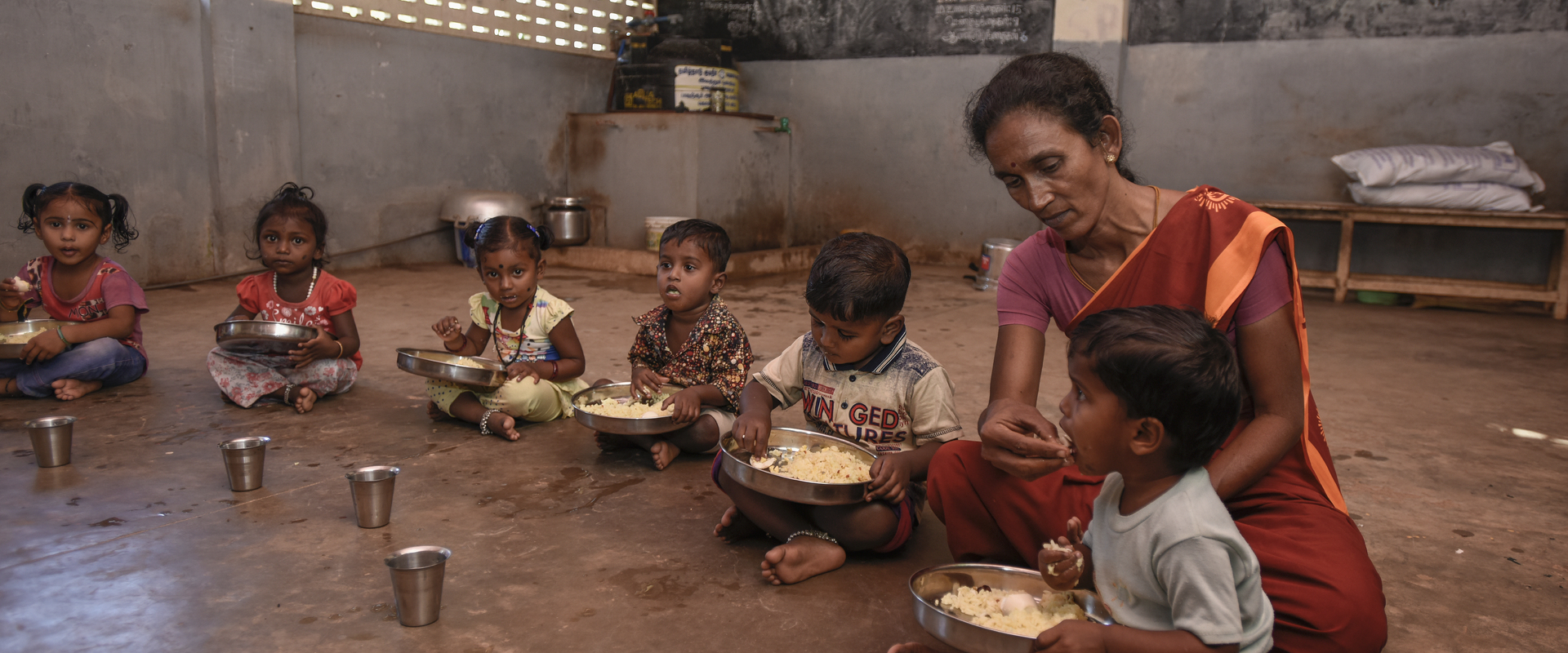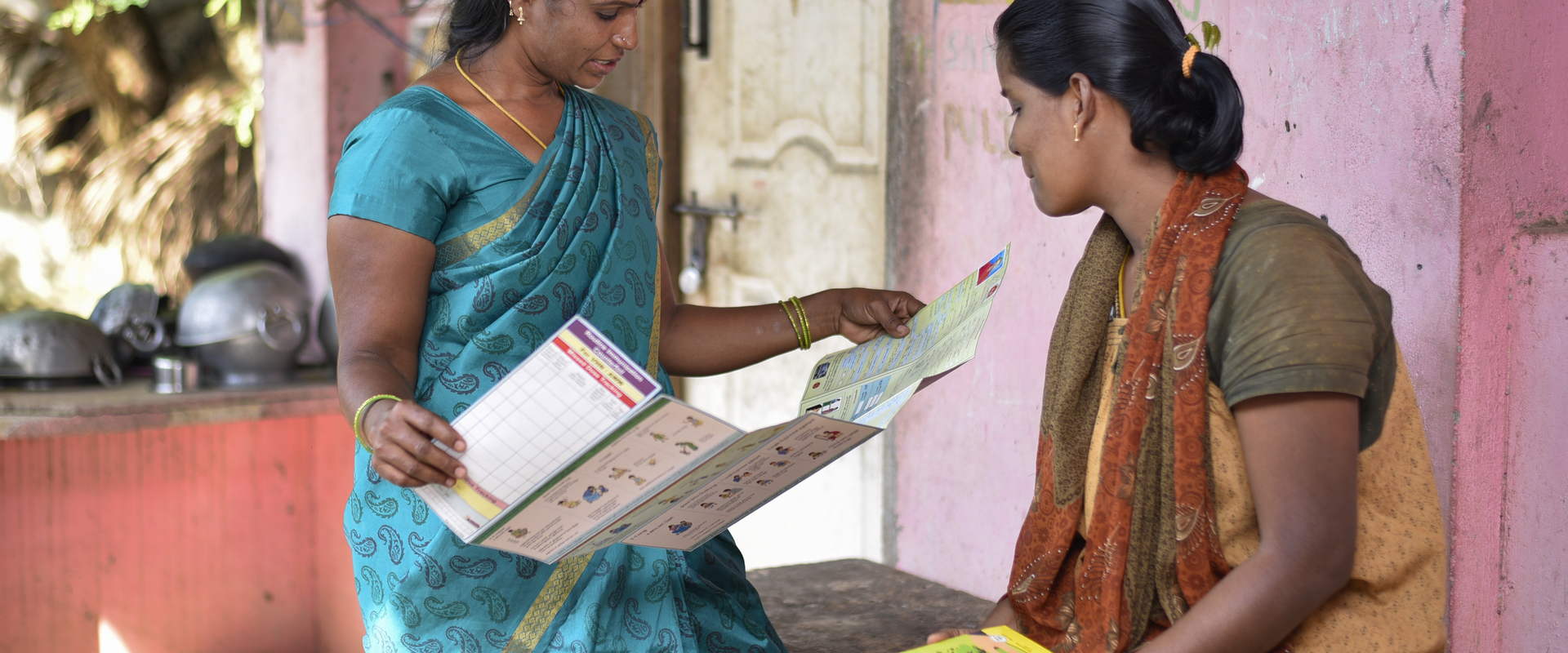With support from Kommunal Fight for decent work for India's Anganwadis and ASHAs
 All photos by Burhaan Kinu
All photos by Burhaan KinuWith support from Kommunal, the largest public service trade union in Sweden, PSI works with Indian public service trade unions towards enhancing and empowering the capacities of the Anganwadi workers and ASHAs to organise and campaign for recognition as permanent public employees.
- Read this in:
- en

Nadja Yusuf
In 1975 the government of India implemented several initiatives for development of women and children. The Anganwadi workers are rural mothers and child carers, many would consider it to be similar to the service provided by kindergartens – and they have been at the frontline of the Indian government’s maternal and child nutrition programme, called the Integrated Child Development Scheme (ICDS), since its beginning.
Today nearly two million Anganwadi workers deliver maternal and child care services through the more than one million Anganwadi and mini-Anganwadi centres found across India.

Usharani, a helper, assists children as she performs her duty at an Anganwadi Centre, in Kancheepuram district.
Accredited social health activists (ASHAs) are community health workers within the National Rural Health Mission (NRHM) which brings primary healthcare, family planning, maternal and child health services to rural communities. As of September 2016, there are more than 900,000 ASHAs across the country.
Both Anganwadi workers and ASHAs are informal government workers that are overburdened, highly underpaid and do not get enough updated training. The Anganwadi workers tend to have higher remuneration than the ASHAs, who finds themselves at the bottom end of the service provision chain, While doing a job and delivering vital and important services to women and communities that otherwise have very little access to the these services.

Paulin, an Accredited Social Health Activists (ASHA) reads a report of Lakshmir, to a pregnant woman at her house, in Cheyyur Kancheepuram.
The conditions for being able to perform their job with a good work environment are not always to their advantage. The budget allocation for 2015-16 showed drastic reductions for both groups. With regard to infrastructure, 60% of Anganwadi centers did not have their own building and 25% functioning in semi-permanent or in open spaces. Fifty two percent of Anganwadi centers do not have a toilet and 32% did not have drinking water facilities (2012 Audit on ICDS by CAG).
The project has the title "Gender justice for quality public health and social services in India". PSI and its Indian affiliates work towards that title by:
Helping to increase Anganwadi workers’ and ASHAs’ knowledge of trade unions and develop their leadership skills
Helping Anganwadi workers and ASHAs to campaign for permanent work, including through State-level platforms;
Helping trade unions to develop social alliances for children’s and women’s rights.

Anganwadi workers hold placards as they campaign for their rights after attending an awareness/training workshop at University of Madras, in Chennai, India
While we can see there are a lot of action that needs to be made for Anganwadis and ASHAs to have a better workplace. The project gives them the opportunity to attend workshops and awareness training, as well as campaigning. Which can be seen on the pictures when they attended a workshop and awareness training at the University of Madras, in Chennai, India in December of 2019. To see more pictures of this project click here